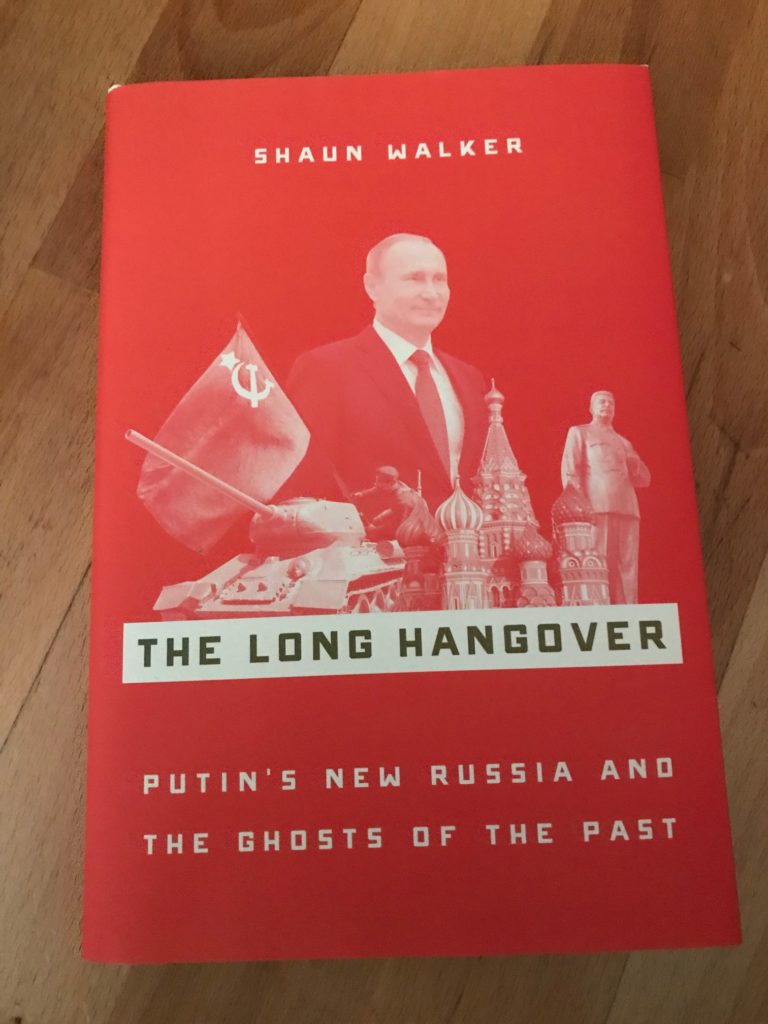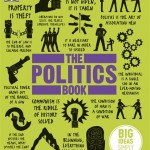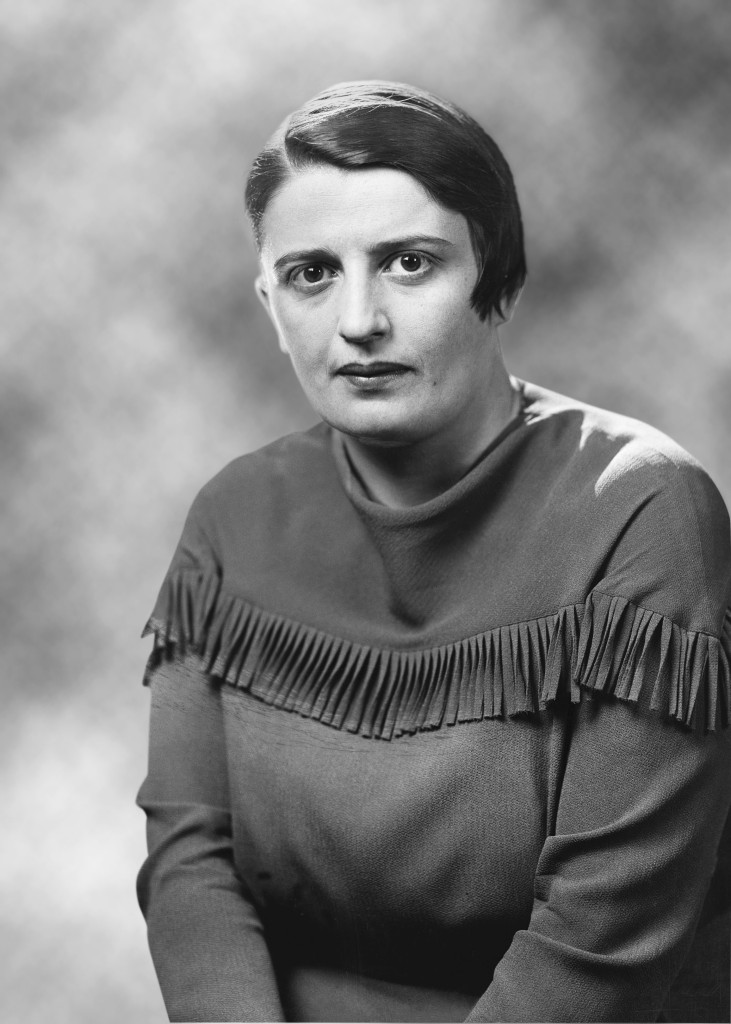The Russian Week in London, Festival Maslenitsa

Frost went along to the amazing restaurant Mari Vanna to celebrate the opening of the Maslenitsa Festival, Russia’s cultural welcome to spring and celebration of pancakes. We greatly enjoyed the canapes and the drinks, including vodka infused strawberry juice. We enjoyed the presentation and talks about the up-coming Russian festival and were told to ‘drink in moderation’ by Boris Johnson. All in all, we had a great time and will be popping down to the Russian Festival. See you there.
The Russian Week in London, Festival Maslenitsa
FREE entry, 13:30–18:30, Saturday 16 March 2013
Trafalgar Square, London, UK
Zdravstvuj! (Hello!) What better way to welcome spring and banish winter than Maslenitsa, the Russian Sun
Festival. This Shrovetide feast before Lent is celebrated the world over with traditional Russian arts and
culture events and, of course, delicious Russian cuisine – including the iconic and delectable blini (pancake).
Organised by Ensemble Productions, London’s Maslenitsa festival has the backing of the Mayor of London
and Natalia Vodianova’s Naked Heart Foundation as official charity partner, and is the largest Russian
celebration of culture, art, music and food outside of Russia. The free event returns for its fifth year on
Saturday 16 March in Trafalgar Square from 13:30-18:30. Coinciding with Maslenitsa celebrations across
Russia, a live satellite link will allow audiences to share in the authentic festival atmosphere and exchange
cultural dialogue as well as highlight important links between the UK and Russia, with a particular emphasis
on the Olympic years of London 2012 and Sochi 2014.

Comments the Mayor of London Boris Johnson:
“I am delighted to give my backing to London’s Maslenitsa celebrations, a sure sign that spring is on its way. London has a large Russian population and this popular event is an opportunity to become immersed in the rich traditions and heritage of that great country. It also offers a taster ahead of Sochi 2014, which is now just a year away and I am sure will be a huge success. Int he meantime, whether you try a delicious blini, pirogi or chebureki, to our friends in Moscow and Russians everywhere have a fantastic Maslenitsa! Maslenitsa gulyaet – vesnu vstrechaet, zimu provoshaet!*”
The popular festival features a variety of activities for all ages including musical performances by Russia’s
leading musical talent, a children’s marquee with songs, competitions and games, and a bustling bazaar
organised by the Russian National Arts and Crafts organisation, with original Russian art, handicrafts and
souvenirs for sale.
Maslenitsa is also known as Pancake Week and there will be plenty of authentic Russian dishes to sample. In
addition to blini there will be other traditional staples such as beef stroganoff and borscht (beetroot soup)
as well as delicacies such as pelmeni (Russian-style pasta).
Maslenitsa 2013 will include, among others, a special visit by Eurovision Contest 2012 stars the Buranovskie
Babushki (Singing Grannies); performances by celebrated folk diva Nadezhda Babkina with her
contemporary take on traditional Russian sounds; young folk group Rodnaya Storonka who cover multiple
genres; the legendary State Academic Ensemble Berezka; the award-winning and innovative Bis-Quit
Quartet; charismatic and much-loved soul Russian artist Petr Nalich accompanied by his band; national
treasure Oleg Gazmanov and one of the most famous Russian rock bands of all time, Smyslovye Galuzinazii.
The festival comes at the culmination of the Russian Maslenitsa Week which includes satellite events across
the city of London. These include the exhibition Treasures of the Royal Courts: Tudors, Stuarts and the
Russian Tsars at the V&A, a culinary evening at Russian restaurant Mari Vanna, a Russia Literary Evening at
Waterstones and a performance by the vivacious Theatre Praktika. This year’s Maslenitsa festival will also see
the first winner of the Maslenitsa Prize for Song and Dance take to stage to entertain the crowds at
Trafalgar Square.
“Due to high interest from the public, the Maslenitsa Festival remains an extremely important cultural event
not just in the UK, but in Europe,” comments Olga Balakleets of Ensemble Productions. “Each year the
festival grows, allowing more and more people to learn about the modern face of Russian culture as well as
its rich cultural heritage.”
Maslenitsa also serves as a platform that fosters business and cultural links between the UK and Russia.
Commented Vitaly Nesis, CEO of Polymetal International, one of Maslenitsa’s event sponsors:
“We are delighted to be supporting the Maslenitsa Festival in London and providing the opportunity for more
people in the United Kingdom to see and experience a range of exciting Russian culture and social events.
As a company that has most of its operations in Russia and many of its shareholders in UK, we are keen to
see the relationship between the two nations prosper backed by thriving business and cultural cooperation.”
Added Dmitry Mints, Chairman of the Management Board of fellow sponsors, O1 Properties, “The
Maslenitsa festival offers audiences in the UK the unique chance to take part in this ancient Russian tradition,
and O1 properties is happy to support this cheerful event.”
A special VIP Gala Dinner will take place on 15 March at the Royal Courts of Justice. Tickets are available for
purchase from Ensemble Productions.
Russian Week in London, Festival Maslenitsa: Line Up
Tuesday 12 March
Culinary Evening
Mari Vanna
Situated in the heart of Knightsbridge, foodies have the chance to sample some of Russia’s spectacular
culinary delicacies, with a special menu curated by celebrity chef Alexander Rappoport.
Wednesday 13 March
Russian Literary Evening
Waterstones, Piccadilly
Book and culture lovers unite in Piccadilly’s iconic bookshop to immerse themselves in the English versions
of Russian best sellers, including a special theatrical performance.
Thursday 14 March
Craft Fair
Russian Culture Centre (Rossotrudnichestvo)
The Kensington High Street-based culture centre will host two sessions – a master class and children’s class
– to introduce DIY lovers to authentic Russian crafts.
Friday 15 March
Talk and tour of Treasures of the Royal Courts
V&A
Art and history fans can explore over 150 objects from Henry VIII to the early Romanovs, including royal
portraits, jewellery and luxury goods, as well as processional armour and heraldry, chronicling the close
relationship between the English monarchy and the Russian Tsars.
Saturday 16 March
Maslenitsa Festival
Trafalgar Square
A day of pancakes, music, art and live performances, this free fun-filled family day brings together people
from all walks of life in a celebration of the coming of spring and the wonderful cultural offerings of Russia.
Sunday 17 March
Edward Boyakov’s Theatre Praktika
Duke of York Theatre
Praktika’s mission is to reflect modern reality in all its complexity and address questions that are of burning
importance to contemporary society – hold onto your hats for the company’s iconic new theatre style and
vibrant energy.
Further information on venue details and event timings will be announced in due course. Updates, along
with a list of performances to take place on the main stage are available on the Maslenitsa Festival website
http://maslenitsa.co.uk/
For more information or to book tickets, call +44 (0) 20 8832 7424
The Russian Week in London, Festival Maslenitsa
Trafalgar Square, London
13:30–18:30
Free
Dates: 11 March 2013 – 17 March 2013
Naked Heart Foundation
Mayor of London, Ministry of Culture, Ministry of Foreign Affairs of the Russian Federation, Embassy of
the Russian Federation in London, Federal Agency Rossotrudnichestvo, Russky Mir Foundation,
Polymetal International, ICT Group, O1 Properties, Lycamobile
About the Naked Heart Foundation
It was the Beslan school siege in 2004 that motivated international model Natalia Vodianova to set up the Naked Heart Foundation. Desperate to do something to help, she had a simple idea – if the young survivors could be distracted by play for at least five minutes each day, it would help them to heal. Providing them with safe outdoor play facilities would redefine their city landscape and act as a form of therapy. The Naked Heart Foundation was set up in the same year, and in 2006 it completed its first play park, five minutes from where Vodianova grew up in Nizhny Novgorod. In 2009, 40 play parks and 30 Russian cities later, Vodianova had fulfilled her dream of giving the children of Beslan their very own Naked Heart play park. To date the charity has built 90 play parks and playgrounds and is now creating a network of family support centres to care for families raising children with disabilities. It also provides funding for dozens of Russian NGOs working in the field and holds an annual international Forum for child development specialists. In 2013 it will open its 100th site. For more information visit www.nakedheart.org or www.facebook.com/NHFcharity
BURANOVSKIE BABUSHKI (SINGING GRANNIES)
Buranovskie Babushki visit The Russian Week in London,
Festival Maslenitsa, 14 & 15 March
Translated as ‘The Grannies from Buranovo’ – or better known to us as the ‘Singing Grannies’ – Buranovskie
Babushki is an ethno-pop band comprising eight elderly, yet sprightly, women. After finishing second in the
2012 Eurovision Song Contest for Russia, the Grannies became an Internet sensation with more than 30,000
hits in less than a week. They will be visiting London in support of the Festival Maslenitsa and will be
attending the British Russian Gala on 15 March at the Royal Courts of Justice as part of the Maslenitsa Week.
The Grannies sing in their native Udmurt, and often surprise audiences by singing covers of Tsoi,
Grebenshchikov and The Beatles. The grannies are currently using their Eurovision money to help rebuild a
local church from their home town Buranovo.
Festival Maslenitsa: FREE entry, 13:30–18:30, Saturday 16 March 2013
Trafalgar Square, London, UK
Festival supported by the Mayor of London, Boris Johnson
Official charity partner, Naked Heart Foundation, founded by model Natalia Vodianova
Free entry, family-oriented day of fun and special children’s marquee
Live satellite link between Moscow’s Red Square and London’s Trafalgar Square during festival
Bazaar featuring Russian culinary delicacies and traditional arts and crafts
Tickets to VIP gala reception available through organisers Ensemble Productions
Week of events preceding Maslenitsa Festival includes a literary salon at Waterstones and Russian
delicacies at Mari Vanna restaurant in Knightsbridge
 In The Long Hangover, Shaun Walker provides a deeply reported, bottom-up explanation of Russia’s resurgence under Putin. By cleverly exploiting the memory of the Soviet victory over fascism in World War II, Putin’s regime has made ordinary Russians feel that their country is great again.
In The Long Hangover, Shaun Walker provides a deeply reported, bottom-up explanation of Russia’s resurgence under Putin. By cleverly exploiting the memory of the Soviet victory over fascism in World War II, Putin’s regime has made ordinary Russians feel that their country is great again.











